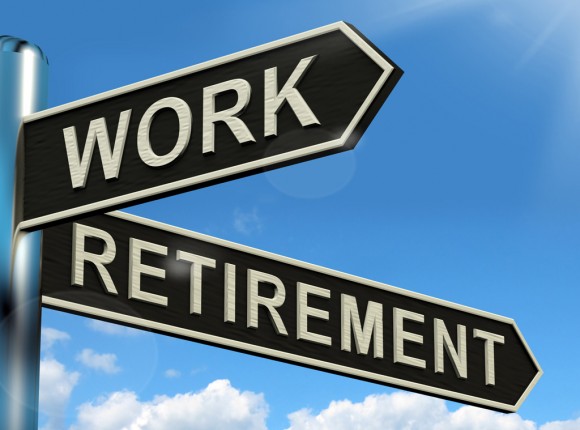General Election Impact
The impact of the General Election on Investors, Pensions and Property.
The classic advice at a time like this is to sit tight, do nothing, wait until the world settles down and we discover that while everything has changed, nothing really has.
Don’t sell off your shares, make rash decisions with your pension portfolio, or put your house on the market.But while that advice remains sensible for most of our financial affairs, throwing political uncertainty into the mix at a time when real income is falling and prices are rising could have a marked effect on our wallets.
If modern political posturing is all about “taking back control”, it’s time to take that message to heart when it comes to our personal money.
Investments
The case for a well-balanced portfolio, with a good spread both geographically and by asset class has never been stronger.
The surprise election result means the immediate hit is likely to be on UK shares, bonds and the pound, as we’ve already started to see. Markets are set to remain on the back foot for as long as it takes to cobble together a workable government. A weak pound has provided a boost to the UK equity market over the past year but that was against a backdrop of a more robust economy than anyone expected after the Brexit vote.
Looking ahead, the FTSE 100 will struggle to progress even with the boost to exporters and overseas earners over the short term. For those who are still looking to invest or have existing holdings and want to think about how to position for this period of instability, there’s a lot to think about.
Pensions
Bizarrely, a little political uncertainty could be just what the doctor ordered for pensions.
Whether or not to do away with the Triple Lock (the rule that the state pension must rise each year by either the rate of inflation, the rate of wage growth or 2.5% whichever is greater) alongside how to manage the growing bill for social care featured prominently in the manifestos and campaigning.
Then there’s the prospect of increasing the state pension age from 67 to 68 by 2039 being kicked into the long grass before the election and with Labour preferring a freeze at age 66, new proposals are unlikely to be forthcoming.
Major reforms like these are now unlikely to get through parliament, will be abandoned, and the status quo will remain – for now at least.
But that doesn’t mean we have dodged some sort of financial bullet. Far from it.
If anything positive has come out of this sorry mess, it has been the spotlight on the later life funding crisis.
With precious little action likely at state level to ease the massive financial pressure of an ageing population, it has never been more important to work out how we as individuals will manage the various costs that come with living into a very ripe old age indeed.
Property
Theresa May is correct – we need a period of stability as that will quash uncertainty which is bad for the housing market – but it is not clear whether she can deliver it.
The hopelessness we are seeing on the ground about not being able to get on the housing ladder has come through. If there is one message that has come out of this election, it is that the young have voted overwhelmingly for change.
Politicians will have to consider the needs of the young more than they have in the past which could mean more help for first-time buyers, perhaps extending Help to Buy so that it covers older properties as well as new build, dealing with affordability issues and more help on stamp duty.
One thing all the parties agree on is that we need more housing so it has to be a priority for whichever formal or informal coalition is created.
There has never been a greater need for quality independent financial advice than right now.



